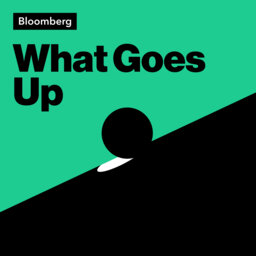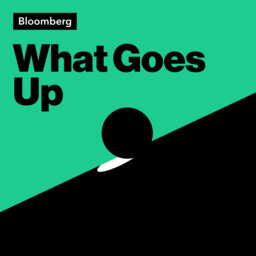JPMorgan's Obituary for Globalization
The decades-long trend of globalization has come to an end and the fracturing of geopolitics will have huge implications for capital markets and investing in 2023, according to strategists at JPMorgan Chase & Co. Jared Gross, head of institutional portfolio strategy at JPMorgan Asset Management, joined the What Goes Up podcast to discuss how everything from supply chains to industrial policy, energy and defense will feel the impact.
In 1 playlist(s)
What Goes Up
Hosts Mike Regan and Vildana Hajric are joined each week by expert guests to discuss the main themes…Social links
Follow podcast
Recent clips

Listen Now: Beak Capitalism from Odd Lots
00:59

Elon, Inc: Elon Musk Bingo on Tesla’s Earnings Call
27:39

Introducing: Bloomberg News Now
00:51
 What Goes Up
What Goes Up